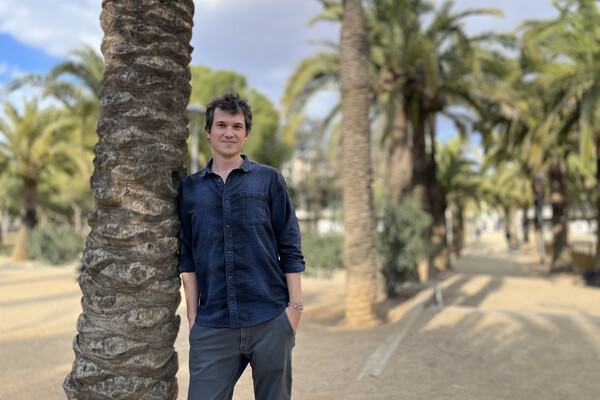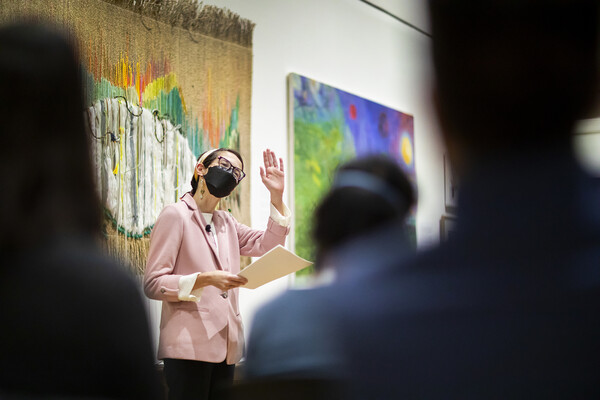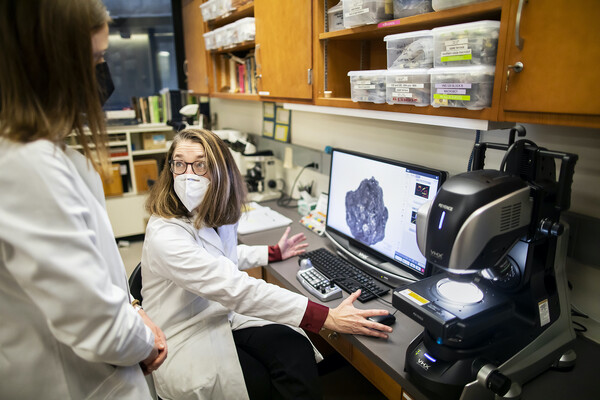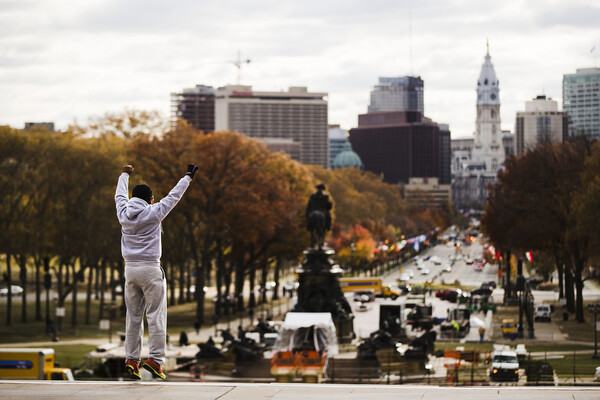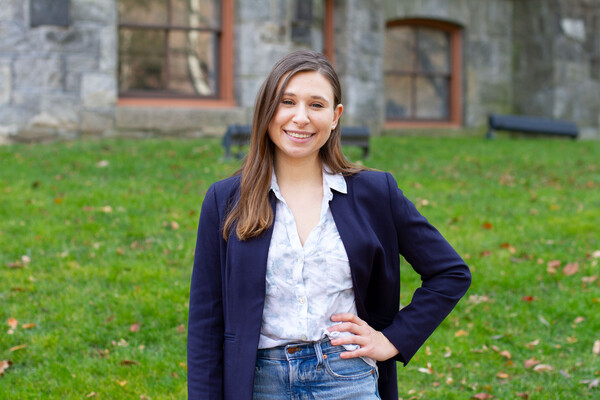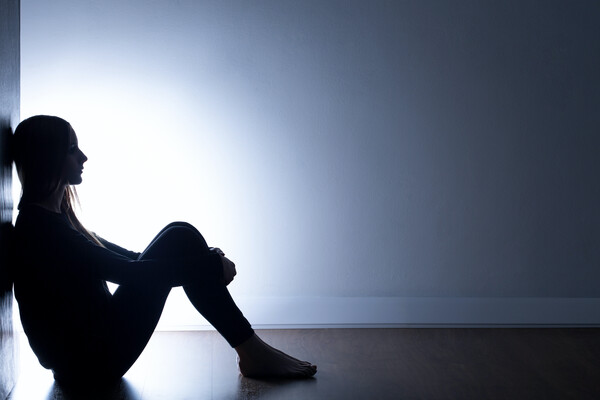4/16
Arts, Humanities, & Social Sciences
Context-dependent behavior can make cooperation flourish
Recent studies led by School of Arts & Sciences’ researchers show that changing social strategies between settings—for example, cooperating at home but not at work—can in fact lead to more cooperative behavior in a society.
Arthur Ross Gallery exhibition explores Asian migration to Latin America
“No Ocean Between Us: Art of Asian Diasporas in Latin America & The Caribbean, 1945-Present” explores Asian migration to Latin America and its influence on modern and contemporary art, on view through May 23.
Orthodox Jews and slavery in antebellum America
School of Arts & Sciences undergraduate Samuel Strickberger investigates how 19th century Jewish migrants to the U.S. squared assimilation with the existence of slavery.
Inspiring people, place, and purpose
Penn President Amy Gutmann’s record tenure of nearly 18 years is the University’s most transformative.
From 2,800-year-old charred food lumps, a window into past civilizations
At a site in southern India, archaeologist Kathleen Morrison and colleagues discovered the remains of two types of dough, offering insights into how the region’s dietary practices have evolved.
A chance to imagine memorials of tomorrow
A history course taught by Jared Farmer looks at Philadelphia’s monuments past and present, and lets students envision what future memorials may be.
Journalism is outdated: Barbie Zelizer discusses a new ‘manifesto’
In ‘The Journalism Manifesto’, Annenberg School of Communications’ Barbie Zelizer and her co-authors argue that journalism needs a major transformation in order to survive as an essential pillar of our democracy.
Senior Erin Hayes named Gates Cambridge Scholar
Senior Erin Hayes, a Roy and Diana Vagelos Scholar in the Molecular Life Sciences, has been awarded a Gates Cambridge Scholarship to pursue a Ph.D. in astronomy at the University of Cambridge in England.
Racial justice protests influenced local news reporting
A new Media, Inequality, and Change Center report finds that news coverage of policing did become more inclusive and less dehumanizing, but was still heavily slanted toward a police perspective.
Why are alcohol- and drug-related deaths rising in the U.S. and not elsewhere?
With insights from anthropology and neuroscience, Penn researchers Michael Platt and Peter Sterling find that, in comparison, 16 other wealthy nations offer communal assistance at every life stage, support that protects individuals and families long term.
In the News
Far fewer young Americans now want to study in China. Both countries are trying to fix that
Amy Gadsden of Penn Global says that American interest in studying in China is declining due to foreign businesses closing their offices there and Beijing’s draconian governing style.
FULL STORY →
In death, three decades after his trial verdict, O.J. Simpson still reflects America’s racial divides
Camille Charles of the School of Arts & Sciences says that Black Americans have grown less likely to believe in a famous defendant’s innocence as a show of race solidarity.
FULL STORY →
‘Slouch’ review: The panic over posture
In her new book, “Slouch: Posture Panic in Modern America,” Beth Linker of the School of Arts & Sciences traces society’s posture obsession to Charles Darwin’s theory of evolution.
FULL STORY →
Why Indigenous artifacts should be returned to Indigenous communities
The Penn Museum is noted for creating its “Native American Voices: The People—Here and Now” exhibit with the help of tribal representatives.
FULL STORY →
The truth behind the slouching epidemic
Beth Linker of the School of Arts & Sciences traces the history of a poor-posture epidemic in the U.S. which began at the onset of the 20th century.
FULL STORY →




